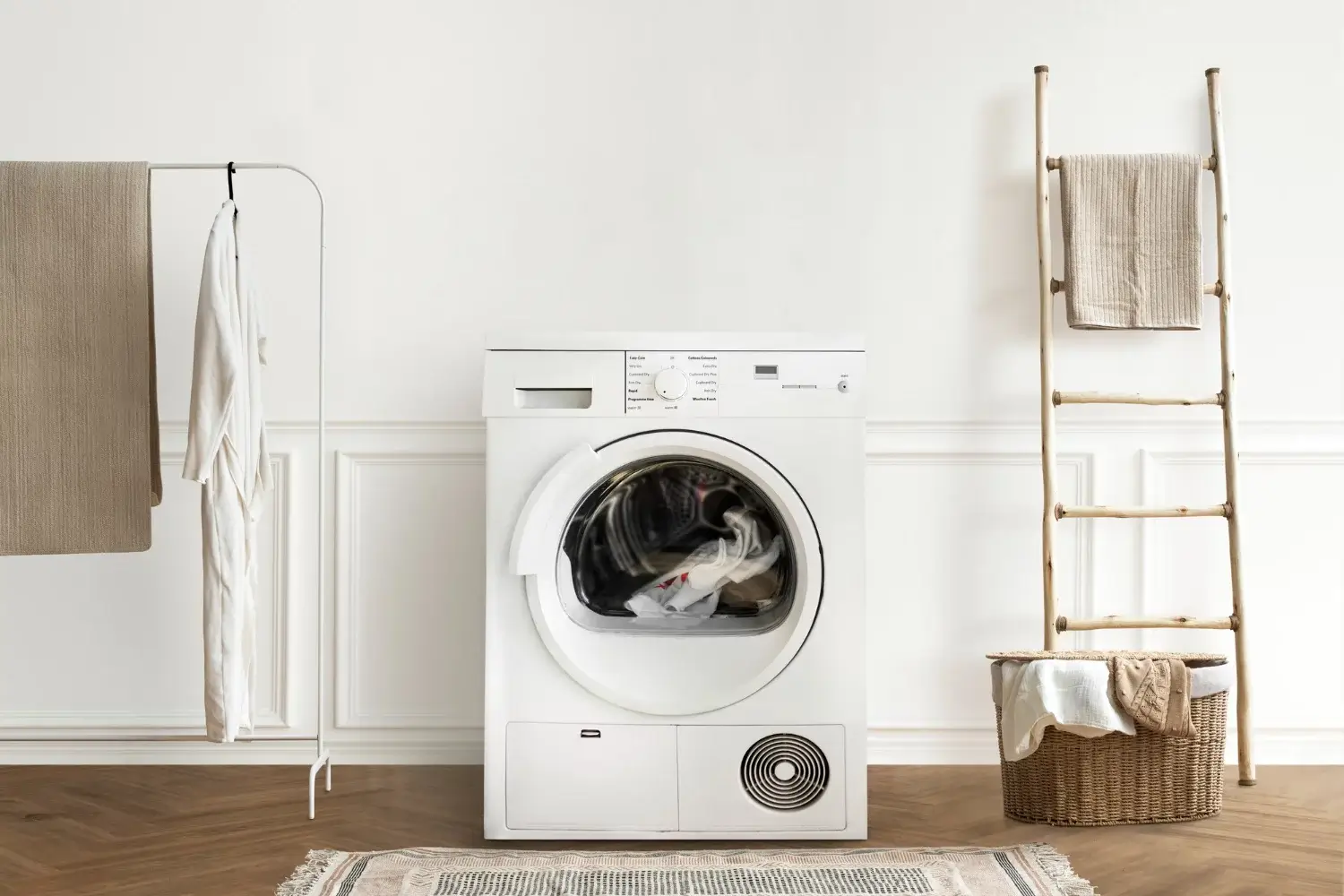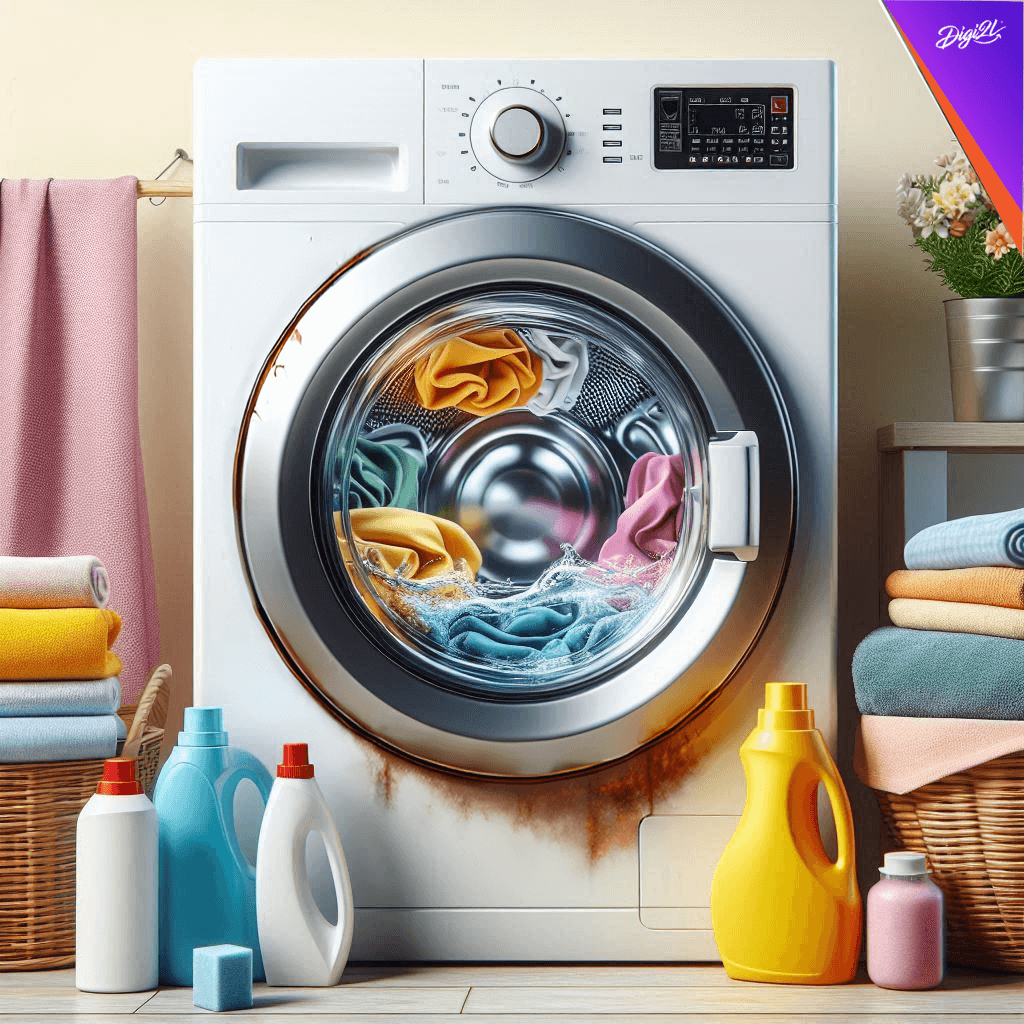
Please Wait ...


Blogs> Choosing a Washing Machine: The Pros and Cons of Old vs. New Models

Washing machines have become an essential part of our lives, making laundry much easier and more efficient. With technological advancements, newer models of washing machines have entered the market, making the choice between old and new machines a bit more difficult. In this blog, we will discuss the pros and cons of old and new washing machines to help you make an informed decision.
Old Washing Machines:
Pros:
Reliability: Old washing machines are typically built to last and are known for their durability. They have been used for years and have undergone various repairs and maintenance, making them a reliable choice for many households.
Affordability: Second-hand old washing machines are often available at a lower cost than newer models, making them a budget-friendly option for those looking to save money.
Simplicity: Old washing machines have a straightforward design with simple features, making them easy to use and maintain.
Cons:
Energy Efficiency: Old washing machines are not as energy-efficient as newer models. They use more water and electricity, resulting in higher utility bills.
Limited Features: Old washing machines have limited features and settings, making them less versatile than newer models.
New Washing Machines:
Pros:
Energy Efficiency: Newer models of washing machines are designed to be more energy-efficient, resulting in lower utility bills and reducing their carbon footprint.
Advanced Features: New washing machines come with advanced features such as smart technology, which allows remote control and monitoring, making them more convenient to use.
Water Efficiency: Newer models are designed to use less water, making them more environmentally friendly.
Cons:
Cost: New washing machines are often more expensive than older models, making them less accessible to those on a budget.
Complexity: With advanced features come increased complexity, making new washing machines more challenging to use and maintain.
Ultimately, the choice between an old or new washing machine comes down to personal preference, budget, and needs. Old washing machines are reliable, straightforward, and budget-friendly, but they may not be as energy-efficient or feature-rich as newer models. New washing machines are more energy-efficient, come with advanced features, and are better for the environment, but they are often more expensive and complex. Consider these pros and cons carefully before making a decision that is best for you and your household.
Image by rawpixel.com on Freepik

By Digi2L - June 8, 2024

By Digi2L - June 7, 2024

By Digi2L - June 6, 2024